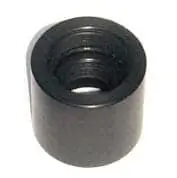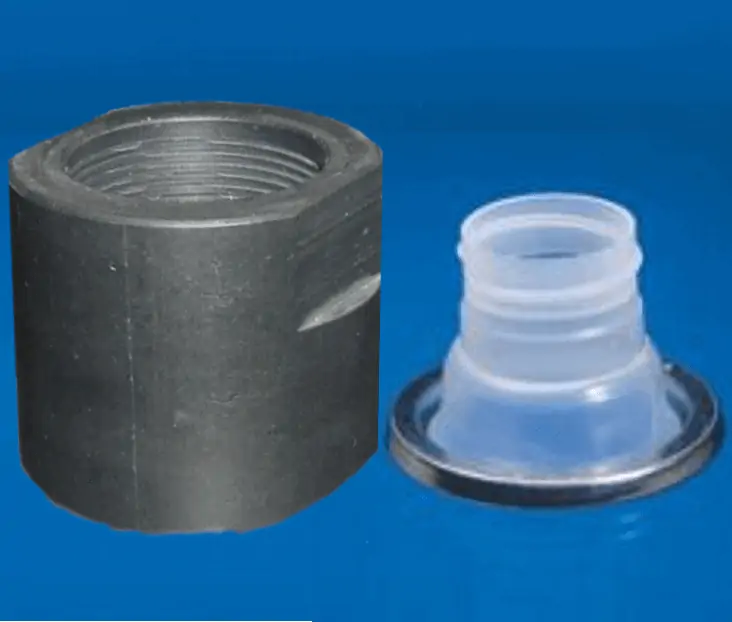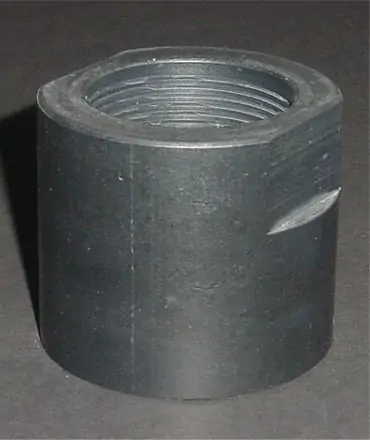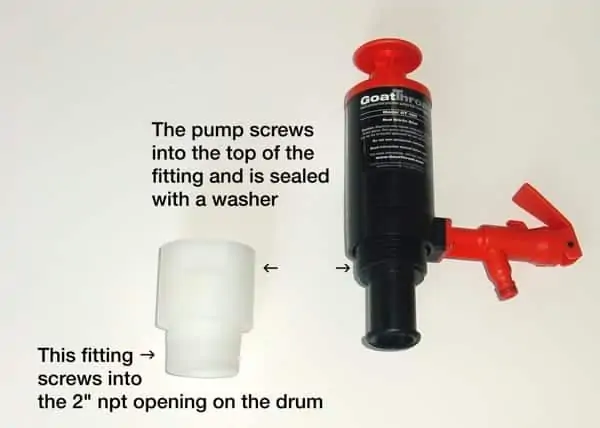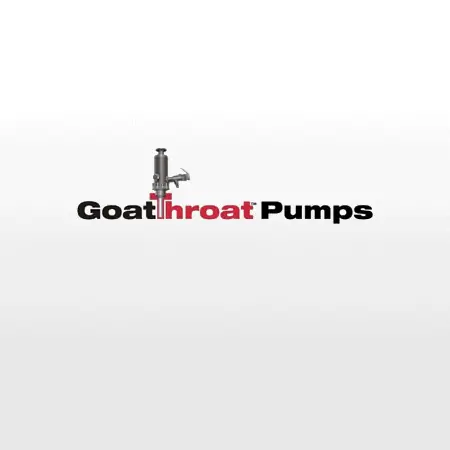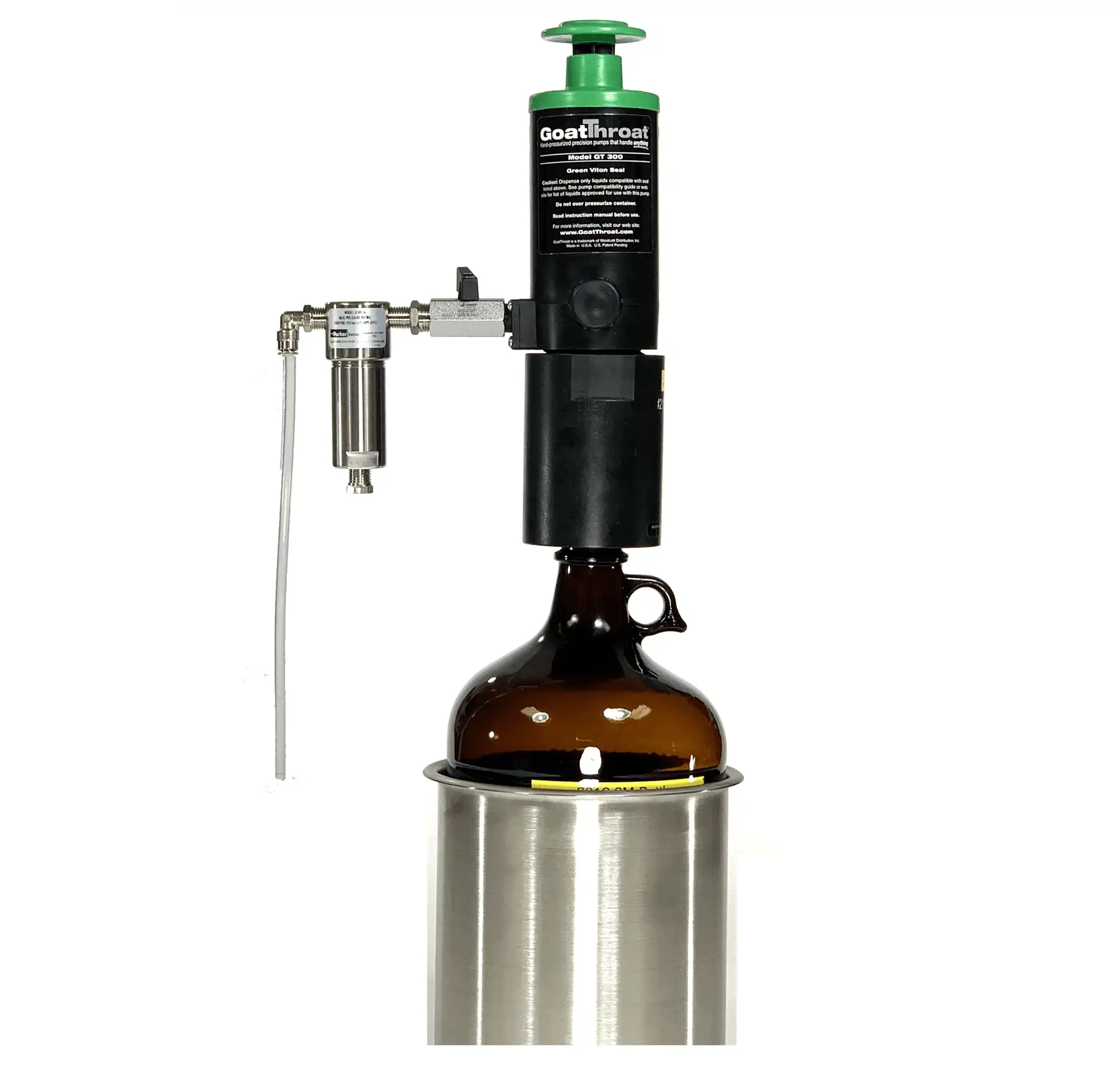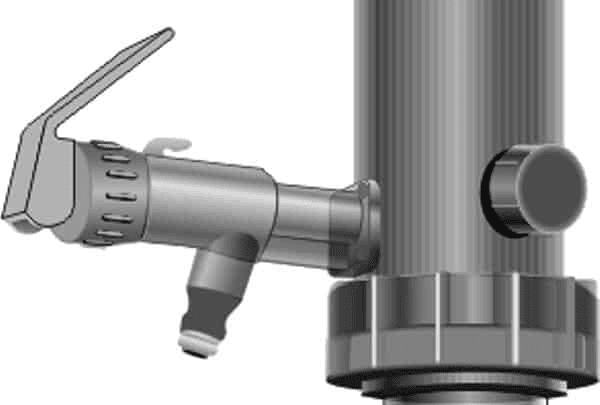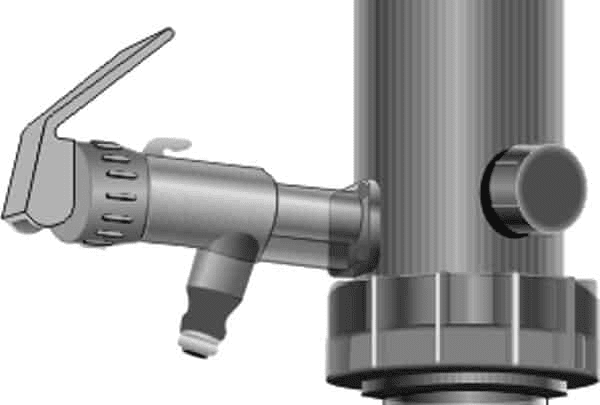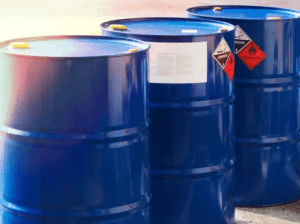 There’s a common misunderstanding when it comes to chemical spill prevention. People hear “chemicals,” and immediately think of hazardous human concoctions that devastate the environment and the human body alike. But this is far from the truth. In fact, chemicals are the building blocks of, well, everything! Chemicals have always existed in nature and the human body; think water and oxygen. However, most of the chemicals used in industries are synthetic (man made) and can often be very dangerous. Today in our FAQ we’ll be exploring the 3 most popular chemicals used on a daily basis by industries throughout the world: Acetone, Isopropyl Alcohol, and MEK (Methyl Ethyl Ketone). Then we’ll explain how to maintain a safe environment with chemical spill prevention.
There’s a common misunderstanding when it comes to chemical spill prevention. People hear “chemicals,” and immediately think of hazardous human concoctions that devastate the environment and the human body alike. But this is far from the truth. In fact, chemicals are the building blocks of, well, everything! Chemicals have always existed in nature and the human body; think water and oxygen. However, most of the chemicals used in industries are synthetic (man made) and can often be very dangerous. Today in our FAQ we’ll be exploring the 3 most popular chemicals used on a daily basis by industries throughout the world: Acetone, Isopropyl Alcohol, and MEK (Methyl Ethyl Ketone). Then we’ll explain how to maintain a safe environment with chemical spill prevention.
Acetone
Acetone is among the most common chemicals used in the world. As such, people often have questions about it. Here are the most frequently asked questions about Acetone:
Where is Acetone typically found?
Acetone is widely used, and can be found in everyday products like nail polish remover, paint remover, wax and varnish. Some companies also use it to make lacquers, plastics and textiles.
Is Acetone Dangerous?
This is by far the most asked question when it comes to Acetone. The answer is simple. Yes, Acetone is incredibly dangerous. It’s highly flammable, and can ignite even when diluted heavily with water. Use extreme caution when handling Acetone!
What Will Happen If I Come In Contact With Acetone?
Reactions to Acetone contact depend on the area of contact, but contact is never a good thing. Inhaling Acetone results in respiratory irritation; skin contact leads to dry, irritated and cracked skin; ingesting Acetone can lead to unconsciousness and, in more serious cases, coma or death; Acetone in the eyes can lead to permanent blindness.
MEK (Methyl Ethyl Ketone)
MEK is another highly questioned chemical. Here are some of the top inquiries about MEK:
What Is MEK?
Also known as Butanone, MEK is a water soluble liquid used heavily as a commercial cleaner and as a solvent to remove stubborn glue, paint, coating and printing ink. Interestingly, trace amounts of it exist in nature, but it’s manufactured on a large scale to suit the needs of industries worldwide.
Is MEK Dangerous?
Like Acetone, MEK is extraordinarily dangerous. Contact with MEK will lead to reactions nearly identical to those caused by Acetone, so extreme caution is advised. MEK is also highly flammable.
Isopropyl Alcohol
Alongside Acetone and MEK, Isopropyl Alcohol is one of the most popular chemicals used on a daily basis. Below are some common questions about Isopropyl Alcohol:
What Exactly Is Isopropyl Alcohol?
Isopropyl Alcohol is a colorless liquid with a strong smell. Also known as 2-propanol, it was accidentally discovered in 1920 by chemists studying the by-products of petroleum. Isopropyl Alcohol is a member of the alcohol family of organic compounds.
What Is Isopropyl Alcohol Used For?
Isopropyl Alcohol is most commonly known for its use as an antiseptic, but it’s also a primary ingredient in many lotions, including aftershave. Like Acetone and MEK, Isopropyl Alcohol is also widely used as a solvent.
Is Isopropyl Alcohol Dangerous?
Despite its use as a rubbing alcohol antiseptic, Isopropyl Alcohol is actually quite dangerous. Prolonged skin exposure can cause rashes, itching, and dryness; inhalation can cause a breadth of reactions, including: headaches, dizziness, confusion, loss of coordination, loss of consciousness and, in the severest cases, death. Like any alcohol, Isopropyl Alcohol is highly flammable and should be handled with care.
How To Ensure Chemical Spill Prevention
Acetone, MEK and Isopropyl Alcohol are the 3 most popular chemicals in the world, but they are also hazardous. Anyone working with these chemicals, especially those involved in transferring large quantities of them, needs to exercise extreme caution. While past methods of chemical transfer have led to costly and dangerous spills, GoatThroat pumps provide a sealed system transfer to ensure that your chemicals stay where they’re supposed to; away from you! OSHA and EPA compliant, our pumps are the gold standard for safely transferring chemicals, whether you’re draining entire drums or working with gallon jugs. Unsure of which pump would work best for your chemical? Try our Find Your Pump tool! For industry-leading spill prevention, stay safe and secure with a GoatThroat pump today!

